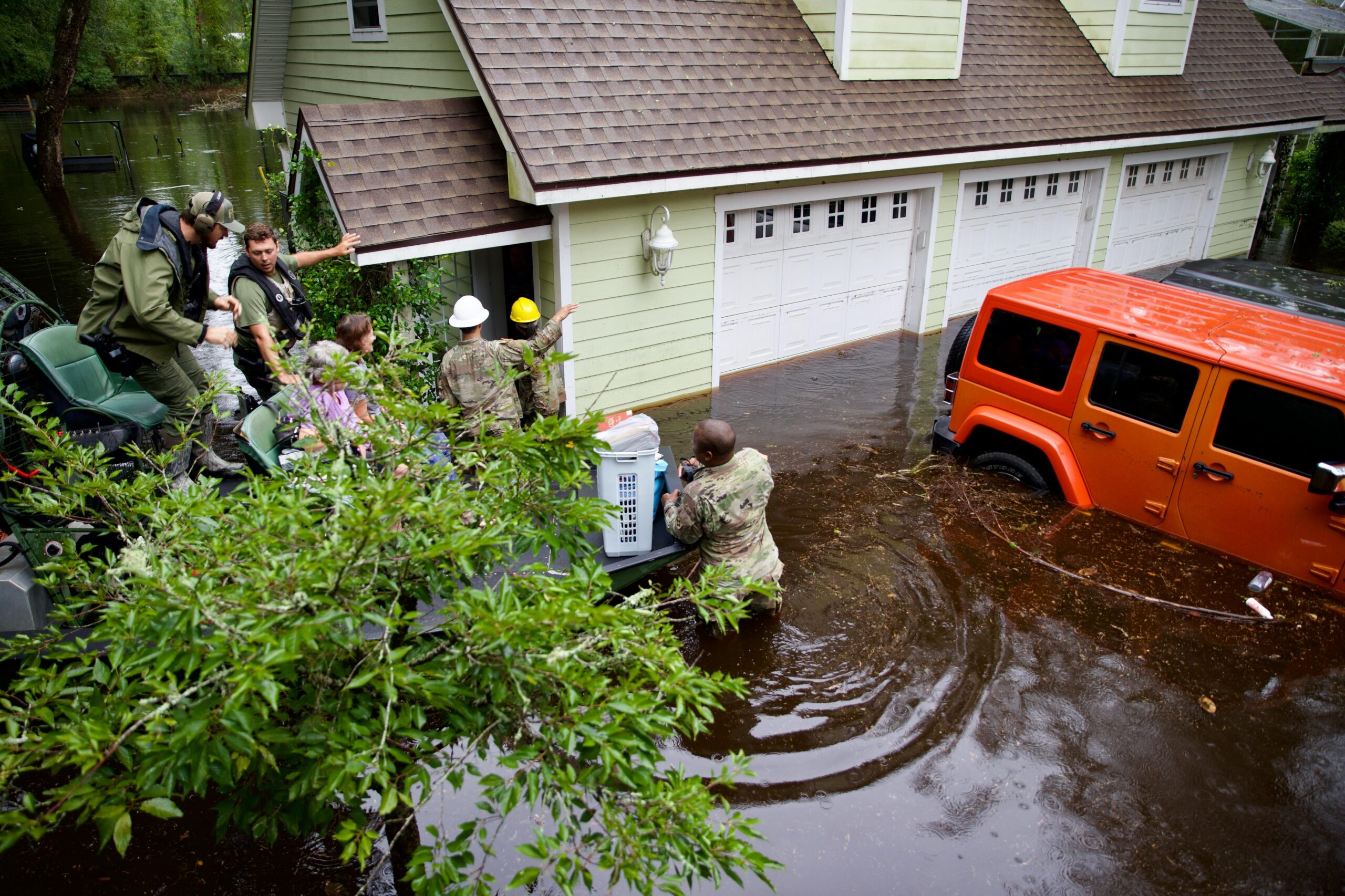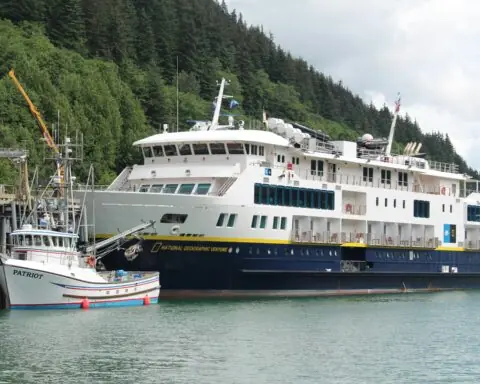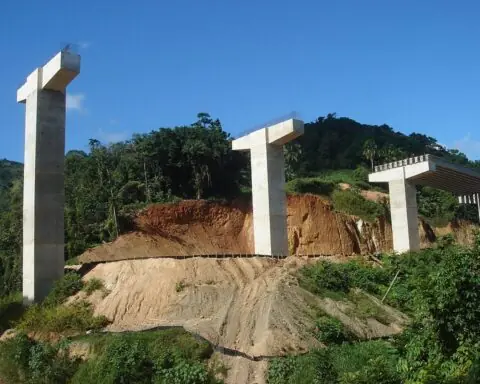As the United States enters the back half of the 2024 Atlantic hurricane season, attention is turning to the colossal task of rebuilding the damage suffered from storms past. Floridians know all too well the destructive power of hurricanes, but with $350 million recently invested in rebuilding, Florida also shows that progress is being made
The Sunshine State is leveraging a combination of federal, state, and local funding for recovery efforts. Just last week, the state announced over $122 million in awards from the Florida Department of Transportation for rural infrastructure through programs including the Small County Outreach Program and Small County Resurfacing Assistance Program. While not exclusively for disaster recovery, these funds include provisions for hurricane-impacted areas.
Another key tool in Florida’s recovery arsenal is the effective utilization of the U.S. Department of Housing and Urban Development’s Community Development Block Grant (CDBG) designated for disaster recovery. In Lee County alone, over $229 million was recently awarded for about 20 public facility and infrastructure projects. Lee County is the state’s eighth most populous county and home to the cities of Cape Coral and Fort Myers.
The Small County Outreach Program assists small county governments in repairing or rehabilitating county bridges, paving unpaved roads, addressing road-related drainage improvements, and constructing capacity or safety improvements to county roads. Since 2019, this program has invested $865.3 million in critical infrastructure projects. A smaller part of the funding, the Small County Resurfacing Assistance Program, focuses specifically on resurfacing and reconstructing county roads, having allocated $292.3 million in the same period.
In the most recent funding round, several counties received substantial grants. Liberty County was awarded the largest amount at $7.72 million, followed closely by Putnam County with $9.12 million. Other significant recipients included Washington County ($6.41 million), Hendry County ($4.58 million), and Bradford County ($4.25 million).
The Lee County grants cover a wide range of projects. Some of the largest allocations include funding for a Community Recreation Center and Disaster Shelter in Cape Coral, the North Island Water Tower and Facility Project in Fort Myers Beach, and county-wide drainage improvements. The City of Fort Myers received significant funding for two major projects: the Salvation Army Center for Hope Campus and the S.T.A.R.S Expansion and Category 3 Hurricane Shelter.
As hurricane season continues, there will be more funding opportunities to assist communities — whether in Florida or anywhere else — to rebuild.
FEMA’s Public Assistance program offers aid to state and local governments for emergency work and the repair or replacement of disaster-damaged facilities. The amount of funding can range from millions to billions of dollars for large-scale disasters. Another crucial FEMA program is the Hazard Mitigation Grant Program, which provides funds for long-term hazard mitigation measures following major disaster declarations.
The CBDG program, as seen in Lee County’s case, is another major source of funding. It provides flexible grants to help cities, counties, and states recover from presidentially-declared disasters. The funding amounts can be substantial, with recent examples including $28.5 billion allocated for 2017 hurricanes and $3.5 billion for 2021 disasters nationwide.
For more specific infrastructure needs, the U.S. Department of Transportation’s Emergency Relief Program provides funds for the repair or reconstruction of highways and roads that have suffered serious damage from natural disasters. Earlier this year, the program awarded $110 million to eight transit systems impacted by natural disasters. Additionally, the U.S. Army Corps of Engineers offers various programs for flood risk management and coastal emergencies.
The National Guard, CC BY 2.0 https://creativecommons.org/licenses/by/2.0, via Wikimedia Commons













